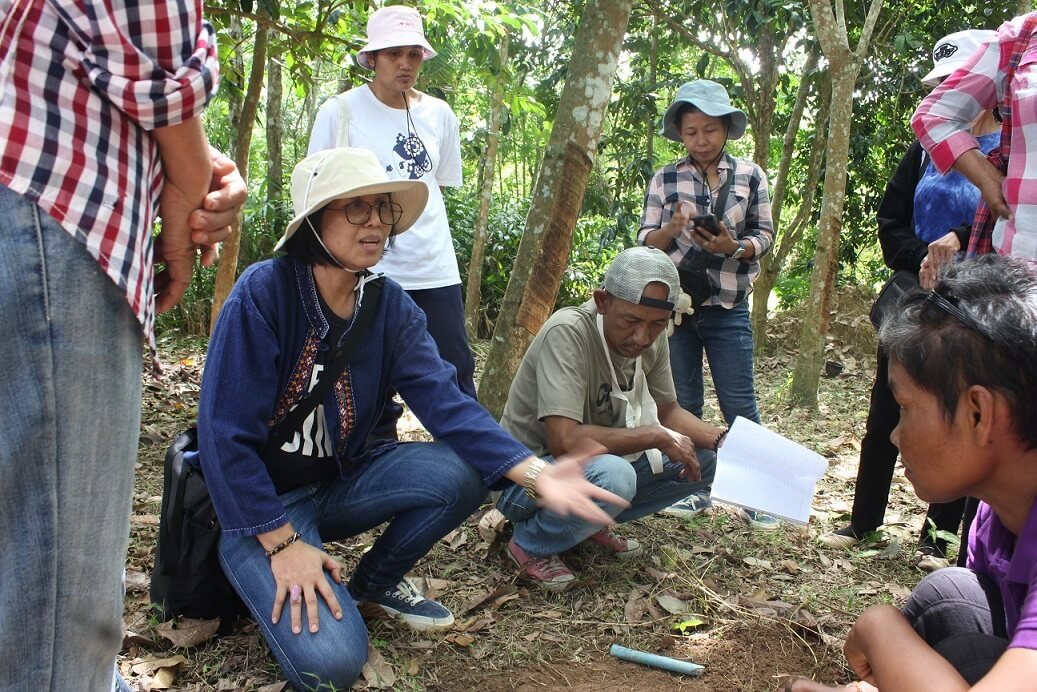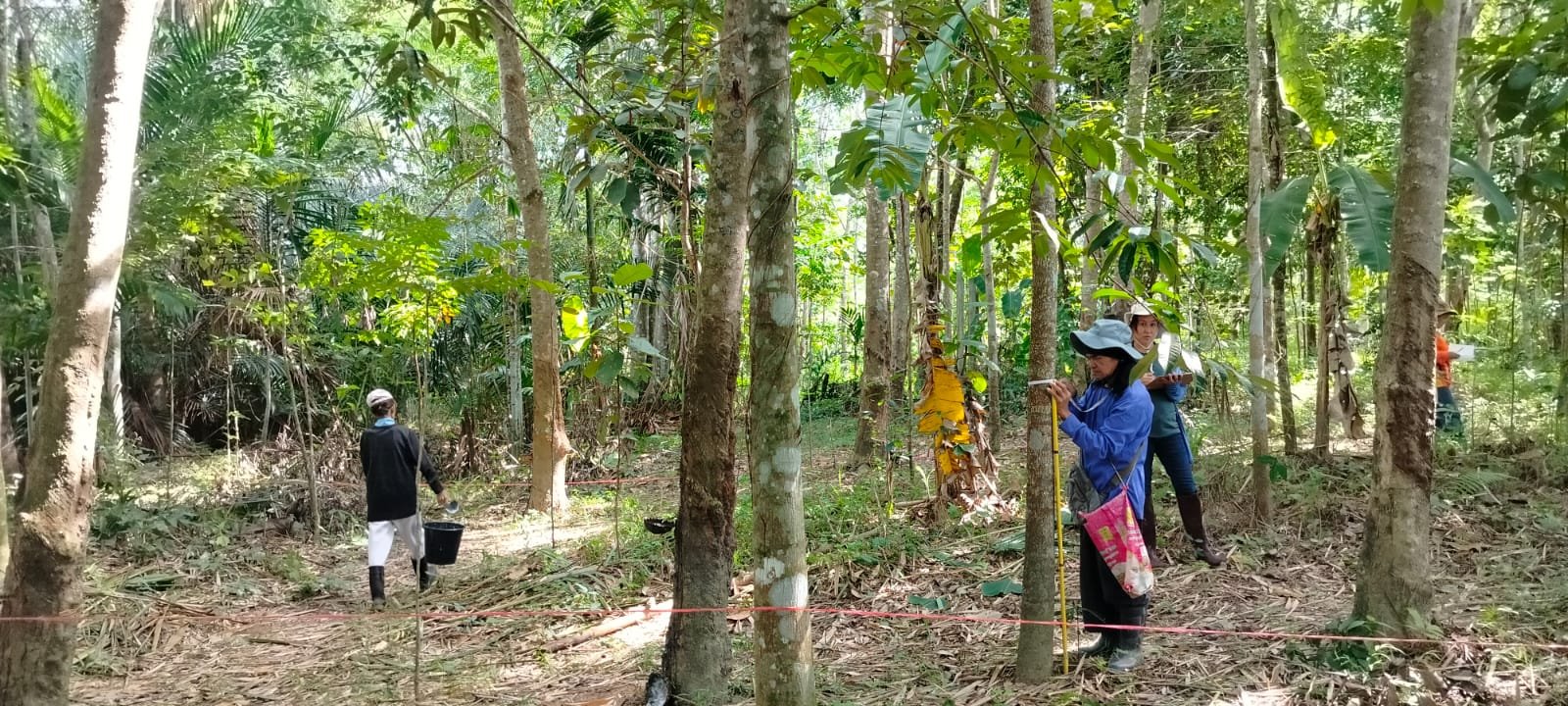Sustainable Supply Chains
WildMon uses different technologies to monitor how sustainable farming practices, such as agroforestry and regenerative agriculture, also benefit biodiversity. By demonstrating methods that benefit both local farmers and wildlife, we can help increase the value and recognition of sustainable supply chains.
Assessing how rubber agroforestry systems in Thailand benefit wildlife
This project will assess the benefits of regenerative rubber agroforestry on wildlife compared to conventional farming methods like monocultures.
We will use ecoacoustic technology to measure biodiversity on rubber farms, providing data-driven insights into the ecological benefits of regenerative farming practices. AI-based algorithms will facilitate species detections to show which species occur on which farms.
Application
Timeline
Scope
Location
Partners
2024 - ongoing
80 sites
Southern Thailand
Contributions
Sustainable development
goals
Bioacoustic survey design
Hardware (acoustics recorders)
Analysis of recordings for species detection
Ecological modeling
About the project
Our approach involves deploying ecoacoustic devices across various rubber agroforestry systems in Thailand. Acoustic devices will be rotated biweekly across numerous farms, capturing sound data that reflects the presence and diversity of wildlife. We will then use AI-based algorithms to detect species from recordings and model their distribution across farms.
This project embraces Wanakaset, a local philosophy of forest agriculture that encourages sustainable land development and deepens farmers’ relationships with the land. Farmers implementing Wanakaset are evolving their rubber farms into more diverse agroforestry systems, strengthening both their relationship with the land and their knowledge of sustainable farming practices.
Conventional rubber farming (monocultures where areas are clear-cut and only planted with rows of rubber trees) leads to ecological degradation, biodiversity loss, and economic uncertainty. This highlights the need for a new paradigm for rubber production and land stewardship. Regenerative practices such as agroforestry, where rubber trees are planted among other native trees and plants, can increase both ecosystem health and agricultural success.
This project will not only provide a platform for smallholder farmers to demonstrate their contributions to biodiversity but also increase the value of regeneratively produced rubber.
This project is more than just a local initiative; it connects smallholder farmers in Thailand to global brands like Timberland®, The North Face®, and Vans®. By increasing the demand, interest, and value of regenerative natural rubber, we aim to create a more sustainable and equitable rubber industry, benefiting both communities and ecosystems.
Impact goals
Working on a sustainable supply chain project?
Contact us to find out how the WildMon team can help.









